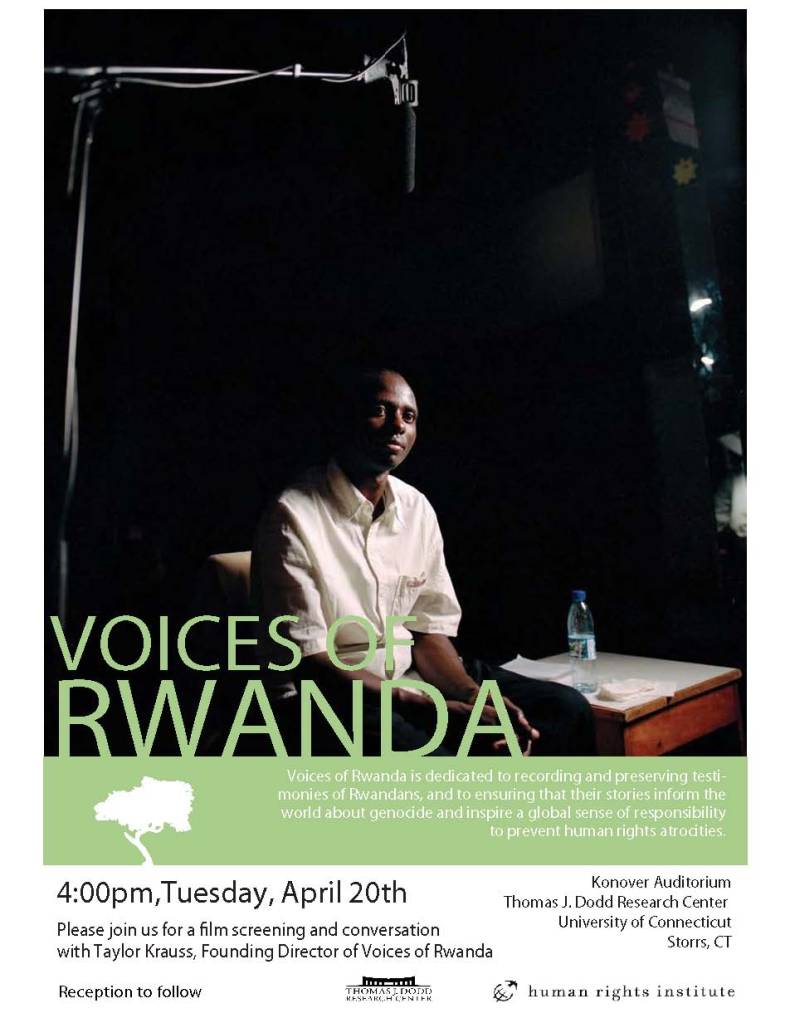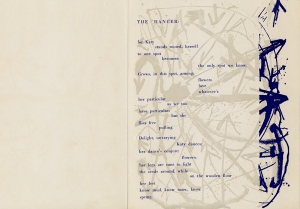Lots has been going on in Archives & Special Collections lately as the semester reaches full swing! Curators are teaching classes, researchers are filling the tables in the reading room, and a variety of events are happening in Konover Auditorium.
If you haven’t already, like us on Facebook to keep up with events and news!
A few upcoming events of note:
Lecture and Performance by Cambodian American rapper praCh
Thursday, September 16, 2010
4 pm
Konover Auditorium
Named by Newsweek as the “pioneer of Khmer Rap” and the “first Cambodian rap star” praCh first received international acclaim with his debut hip hop album, Dalama…The End’n is Just the Beginnin’ (2000). Over the course of a decade, he has emerged as a multimedia force, releasing two sequels to Dalama, in 2003 and 2010. Born in the farmlands of Cambodia but raised on the mean streets of America, praCh is a committed transnational activist. He battles oppression via rhyme and lyrics, and by example, and makes clear the reasons why hip hop is global and will continue to matter.

Ed Dorn and son, March 1960, photofinisher's date. From the Charles Olson Papers, Thomas J. Dodd Research Center.
If hip hop is not your speed, on September 21, 2010, our visiting Strochlitz Researcher Justin Katko, will give a talk entitled, “The Archive’s Other Fiction: Alternatives to Edward Dorn’s Gunslinger.” Katko is a writer and PhD candidate in English Literature at the University of Cambridge, and recipient of a Strochlitz Travel Grant sponsored by the Thomas J. Dodd Research Center.
Where does a text end and its archival footprint begin? Can a text be built to rely upon previous, archived versions of itself? Can coherency be claimed for a text which intentionally relegates component aspects of itself to the archive? These questions will be addressed through the lens of Gunslinger, a modernist quest narrative by American poet Edward Dorn (1929-1999). Gunslinger is a long narrative poem which exceeds the bounds of its own printed text in a number of manifest ways, including a rare secret installment printed as a standalone newspaper. This talk will address the way in which archived versions of a single poem from the Gunslinger epic both clarify and complicate the work’s fragmented and difficult narrative. Interpretation of Dorn’s masterpiece is only just beginning to be impacted by the archival materials which constitute the Edward Dorn papers, held by the University of Connecticut’s Dodd Research Center.
The talk will take place September 21, 2010 from 4:00 to 5:00pm in Room 162 of the Dodd Research Center and is free and open to the public.














